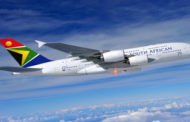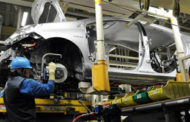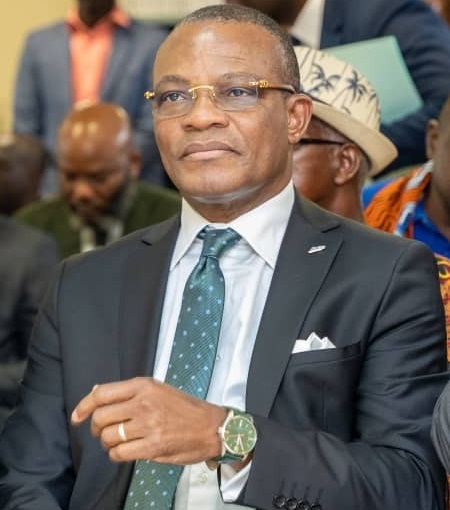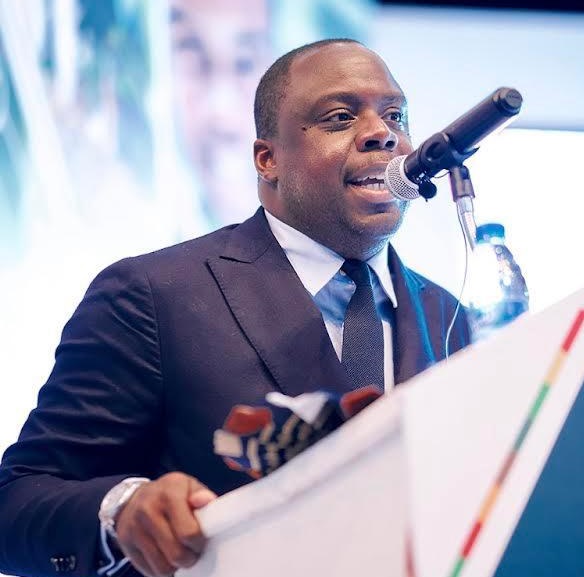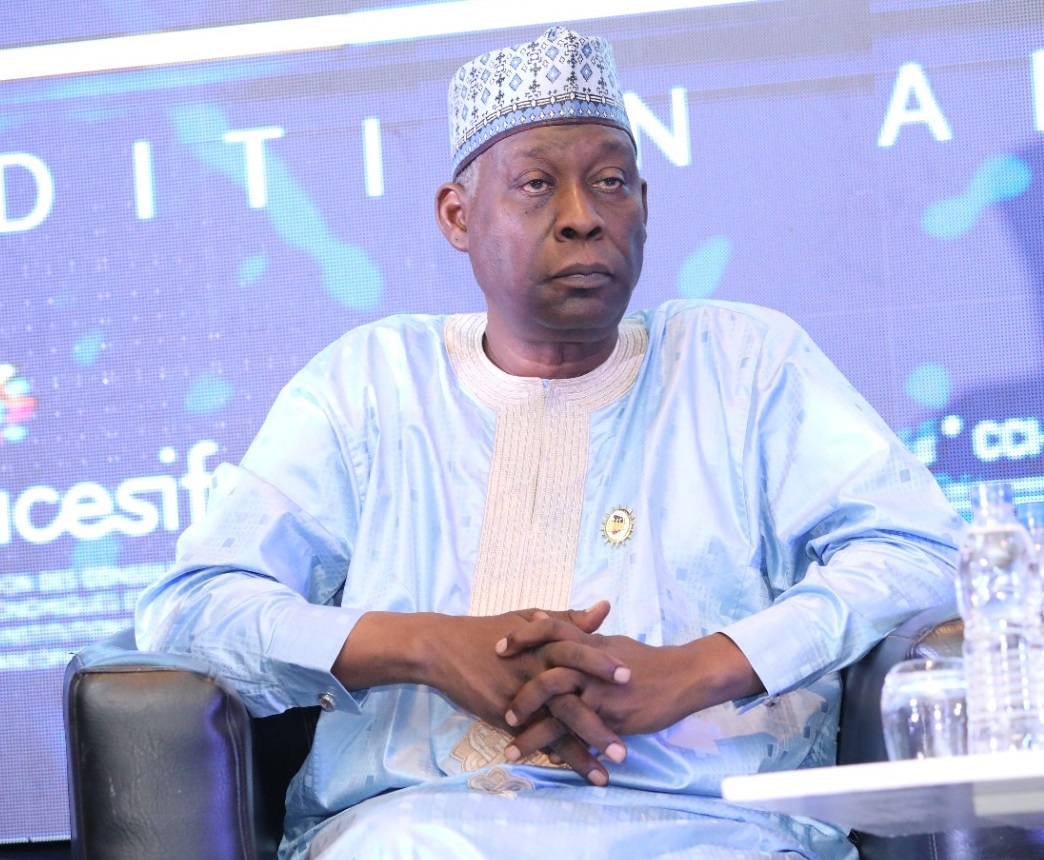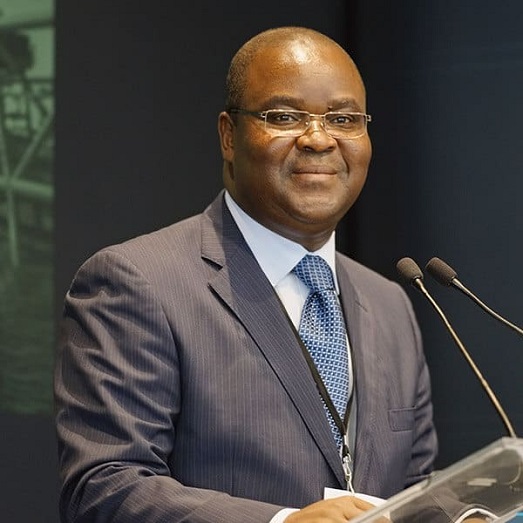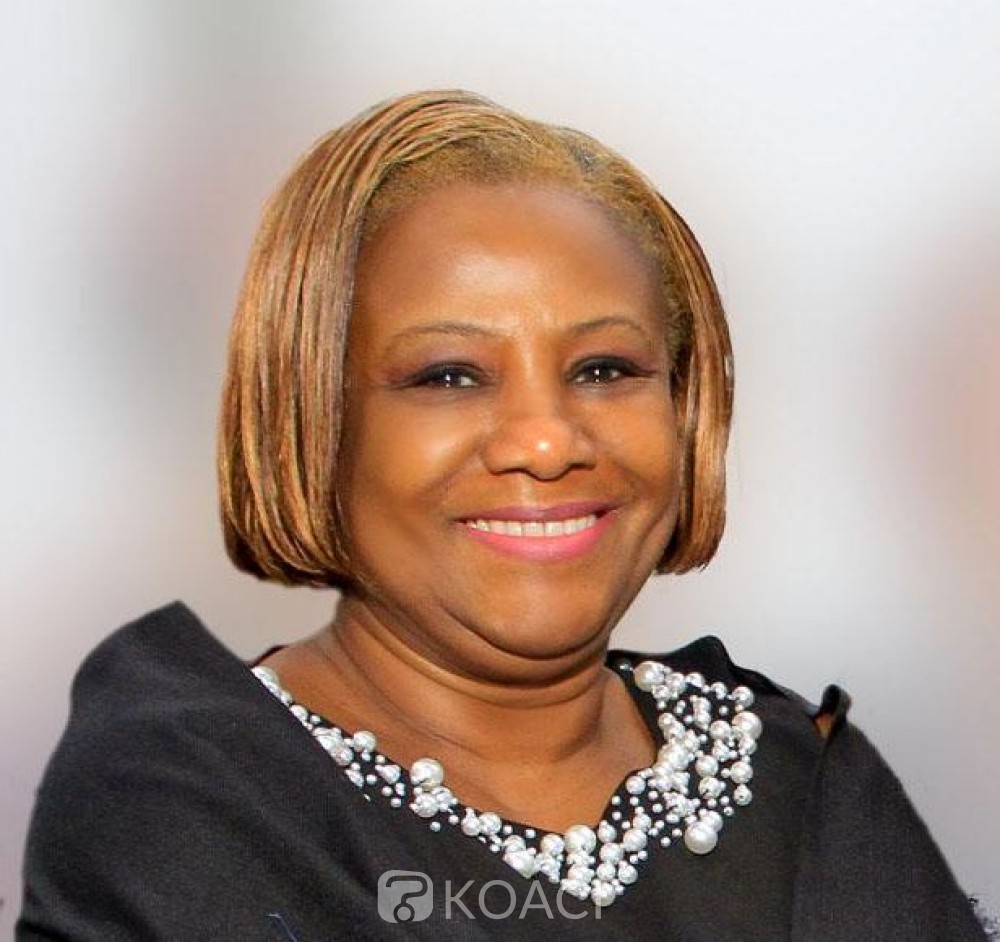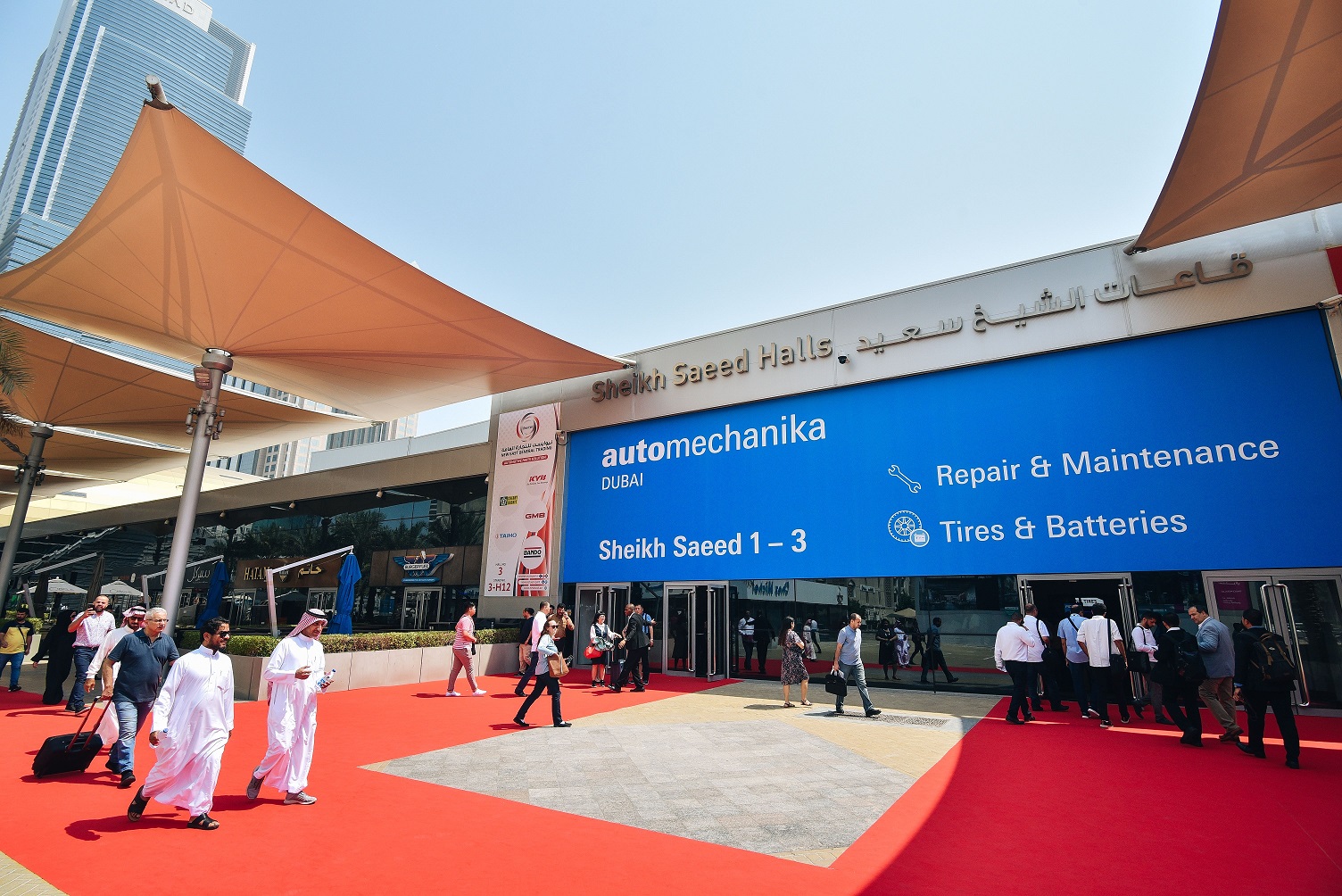On strike since 29 July 2015, to protest against the attacks they are victims of once on Central African soil, the Cameroonian haulers, who travel on the Douala-Bangui corridor, have decided to resume work on 22 August 2015.
This decision was taken on the same day after a round of negotiations between the Cameroonian and Central African authorities, the Bureau of management of land freight (BGFT) and the MINUSCA, the UN peacekeeping mission deployed in CAR after the start of the political crisis which grips the country since 2013.
After the announcement of the end of the stoppage, which had led these freight transporters to park over 400 lorries in Garoua- Boulaï, the car park of this Cameroonian border city has started to empty. To guarantee them maximum security once in the Central African Republic, as they wished, the truckers are under escort of the UN peacekeepers till Bangui.
In addition to the automatic lorry escort, in lots of 60 and not 120 as in the past, the crisis meeting of 22 August 2015 in Garoua-Boulaï also led to, announces the Quotidien Gouvernementale Camerounais, the decision to deploy more soldiers from the MINUSCA, from the Cameroon-CAR border in Garoua-Boulaï, to Bangui, the capital of CAR.
A particular emphasis was put, we learn, on increasing the number of troops on the military base located between Baboua and Bouar, a section presented by the haulers as being the path of death, because of the armed gangs scattered there, who often assault and kill drivers transporting goods to Bangui.
The return of traffic on the Douala-Bangui corridor is a breath of fresh air for the CAR populations, a country where the majority of goods are transiting through the Douala port, in Cameroon, before being dispatched to Bangui by road. According to the Cameroonian customs, there are about FCfa 55 billion of Central African goods transiting through Cameroon every year.
Avec agenceecofin






